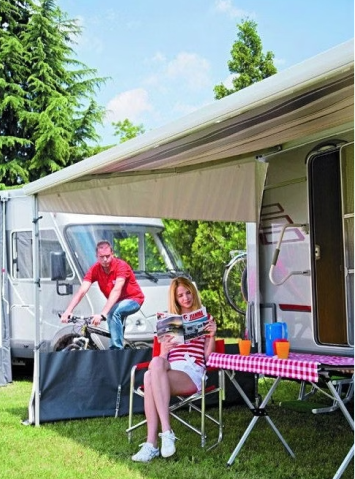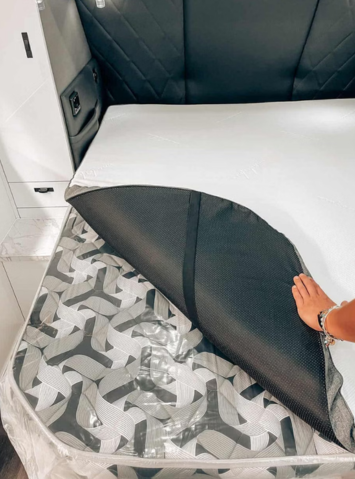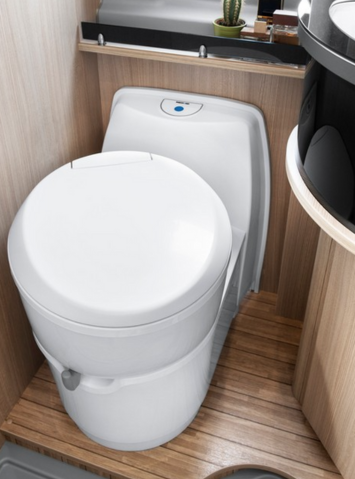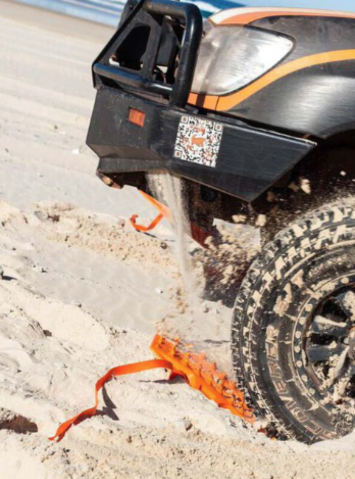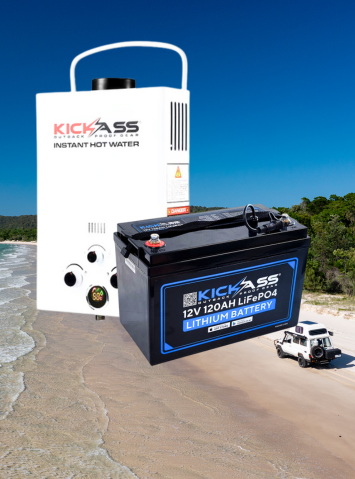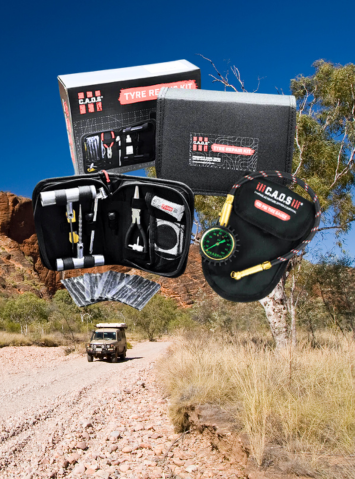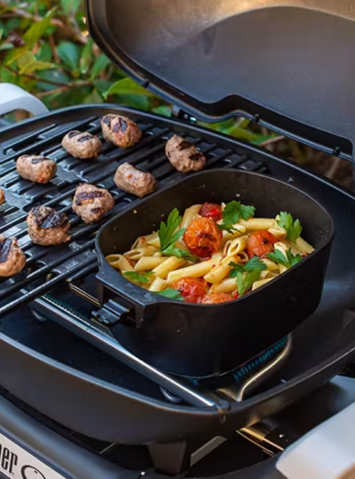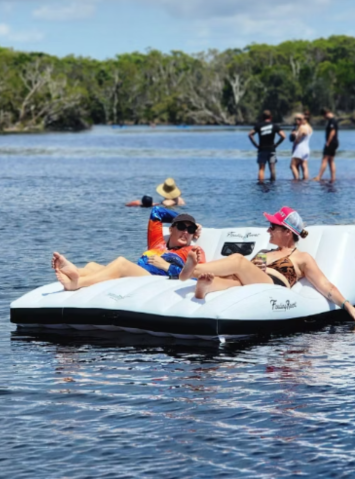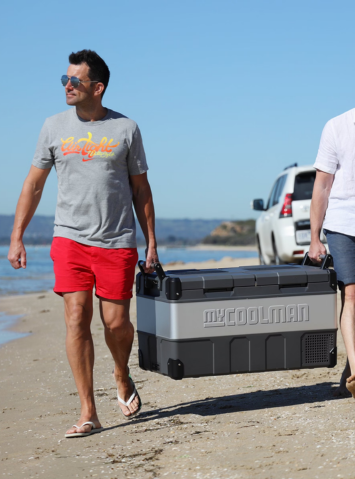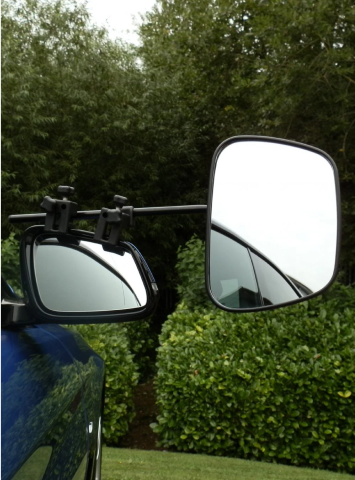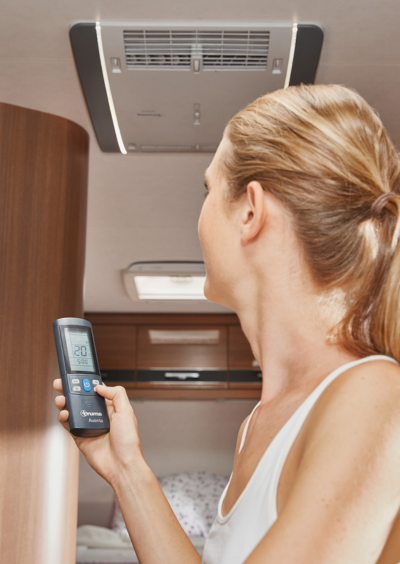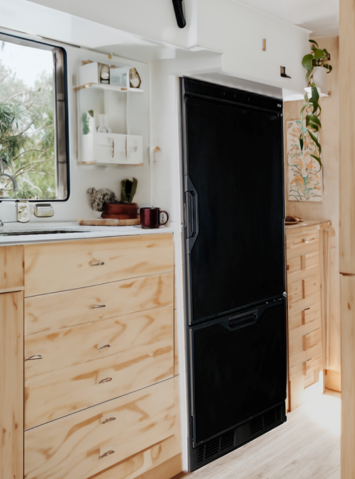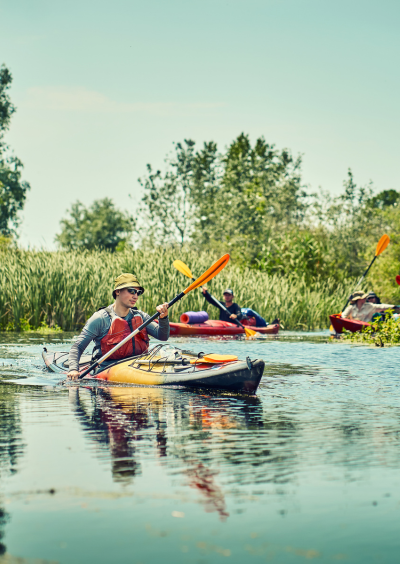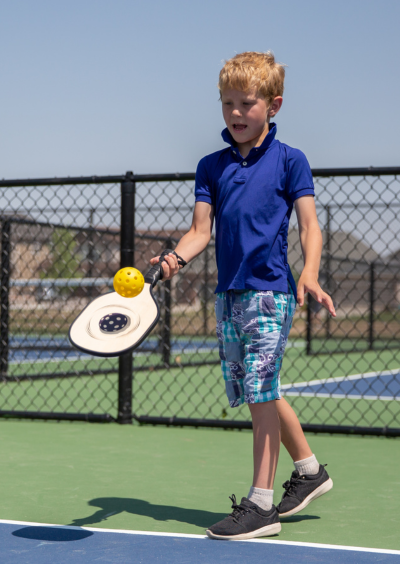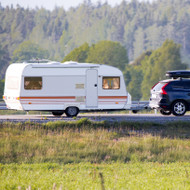How to Safely Tow & Drive with a Caravan
20th Sep 2022
If you have never towed a caravan before, the task can be a challenging one. Even with some experience, it doesn’t always come easily or go to plan. There are lots of factors to consider such as wind, rain, the towing weight, the vehicle, the inclines and declines, other cars on the road…the list goes on. This caravan towing guide covers the tips prior to towing and while towing your caravan so you can be equipped with all the knowledge you need to safely tow your caravan on your next holiday.
Things to check before towing a caravan
Pick the right towing vehicle
Not every car can haul 2 tonnes (or more). A caravan should never tow you, so you’ll need a vehicle that has a towing capacity to match your fully stocked caravan or RV. You’ll also need a vehicle that is compliant with towing rules and regulations as having a non-compliant vehicle has the possibility to void your insurance policy and be disastrous should something go wrong.
Enroll in a towing course
Whether you’re learning for the first time or just having a refresher, knowing how to tow properly is critical for both you and other drivers’ safety. It’s also important to make sure that you have a backup driver that is competent with towing your whole rig in case of sickness, accident, or emergency.
Should you get an electric brake controller
Trailers with a Gross Trailer Mass (GTM) between 750kg and 2000kg need brakes on the wheels of at least one axle. For a trailer over 2000kg, it is a legal requirement to have brakes operating on all wheels. This means that for almost every camper trailer or caravan you tow you will need a trailer brake controller. Often trailer brakes are electric brakes so you will need an electric brake controller. Electric trailer brake controllers assist with safely slowing down. The added weight of your caravan can sometimes “push” you into obstacles in front you are trying to slow down before running into, so having an electric brake controller eliminates the chances of the trailer pushing your vehicle into a crash by activating the trailer’s brakes when your vehicle brakes are applied. Check out our range of electric brake controllers.

How to balance your weight correctly
Balancing your caravan towing load correctly helps prevent swaying while towing. Caravan sway is one of the most common causes of caravan accidents. Packing correctly can significantly reduce or avoid caravan sway entirely. A rule of thumb is to pack all heavy loads as close as possible to the axles (never at the rear of the caravan or camper trailer). Check out this popular YouTube video of how incorrect weight distribution affects caravan sway.
You can always add a caravan sway controller to your setup for extra peace of mind.
Create a towing safety checklist
Safety is the priority when it comes to towing a caravan. You have you, your family and other families on the road that you have a duty of care to, and the smallest of oversights can cause accidents on the road which we all want to prevent. Things that should be included on your checklist include but are not limited to:
Is your vehicle’s servicing up to date
It may seem trivial, but a small hiccup on the open road while towing a caravan at high speeds can cause severe accidents. Have your vehicle’s service up to date before embarking on your trip.
Is your tyre pressure correct
This is an obvious one, but it must not be forgotten. Again, a tyre that blows while at high speeds can cause fatal accidents while towing a caravan behind your vehicle. An added benefit to checking your tyre pressure is the fuel efficiency and longevity of your vehicle not being compromised.
Is everything on the caravan secured and locked
Make sure that all windows and hatches (and bathroom entry and shower doors) in your caravan are locked before you head off. Anything that can be stored away inside the caravan should be. For example, your TV should be stored away if it can be. If not ensure that the TV bracket is locked into the retracted position. Make sure that the trailer plug is properly connected, and that the coupling pin handle is locked in the down position. Make sure anything loose inside the caravan is put away. You don’t want to arrive and need to sweep up broken glass.
Do a visual inspection
It is a good habit to walk around the perimeter of your vehicle and caravan and complete a thorough inspection. What you are looking for is the trailer plug is plugged in and the coupling, safety chains, and breakaway wire (for caravans or trailers weighing more than 2000kg and with electric brakes) are all securely connected. Ensure the trailer handbrake is off, the jockey wheel is secured away, and the jockey clamp is tightened. You should also make sure you have secured away the stabiliser legs. If you have a weight distribution hitch, check that it is properly connected, and the safety pins are fitted to the A-frame clamps. Ensure you have no gas bottles turned on, all awning arms are secured and closed then finally remove the wheel chocks.
While towing your caravan
Remain Focused and remove as many distractions as possible
Chances are you don’t tow a vehicle very often. So the list of extra things to be conscious of is not going to be habitual. Therefore, removing as many distractions as possible will help you concentrate while towing. Some things (like noisy children) can’t be completely prevented, but some things can like the music volume, having notifications on your phone turned off, etc. Also, make sure you prioritise having regular rest stops. With more things to focus on during your journey, fatigue can set in more quickly.
Allow extra braking room
It probably goes without saying but allow extra braking room simply because you will take longer to slow down safely now that there is more weight behind your car. Furthermore, the consequences of running into someone in front of you are likely to be more costly and severe than if you were just driving your car.
Be alert to hazards
On narrow urban streets or country tracks, look well ahead of your position for natural (tree branches) or man-made hazards (other vehicles, traffic posts) that may impede you as you attempt to pass through. When driving up hills, try to allow a little more speed on approach rather than too little. That is, ensure you're at your safe maximum touring speed or the maximum posted speed limit (whichever is lower) as you approach the hill. Remain in the slow lane, not in the overtaking lane at all times (unless overtaking a slower vehicle). When driving down hills, use your gears for breaking assistance rather than being heavy on the brakes so that your vehicle's engine braking will safely slow your progress. Avoid overtaking but if you're going to do it, allow plenty of time and room on the road in which to achieve a safe and smooth move – because overtaking is a much slower process for a vehicle-and-trailer combination, than it is for a vehicle alone.
Keep clear of large trucks
Wind buffeting from trucks can push your caravan around and cause sway. When a truck is passing you, move away from it as much as you can, ease off the accelerator, ready yourself for a bit of a wind blast and simply let the heavy vehicle go by. The same rule applies to high-wind areas: slow down and steel yourself for gusts. If your trailer does start to sway in any scenario, slow down (just ease off the accelerator, don't touch the tow vehicle's brakes), apply the electric brake override and apply some throttle to get your trailer steady and back in line.
